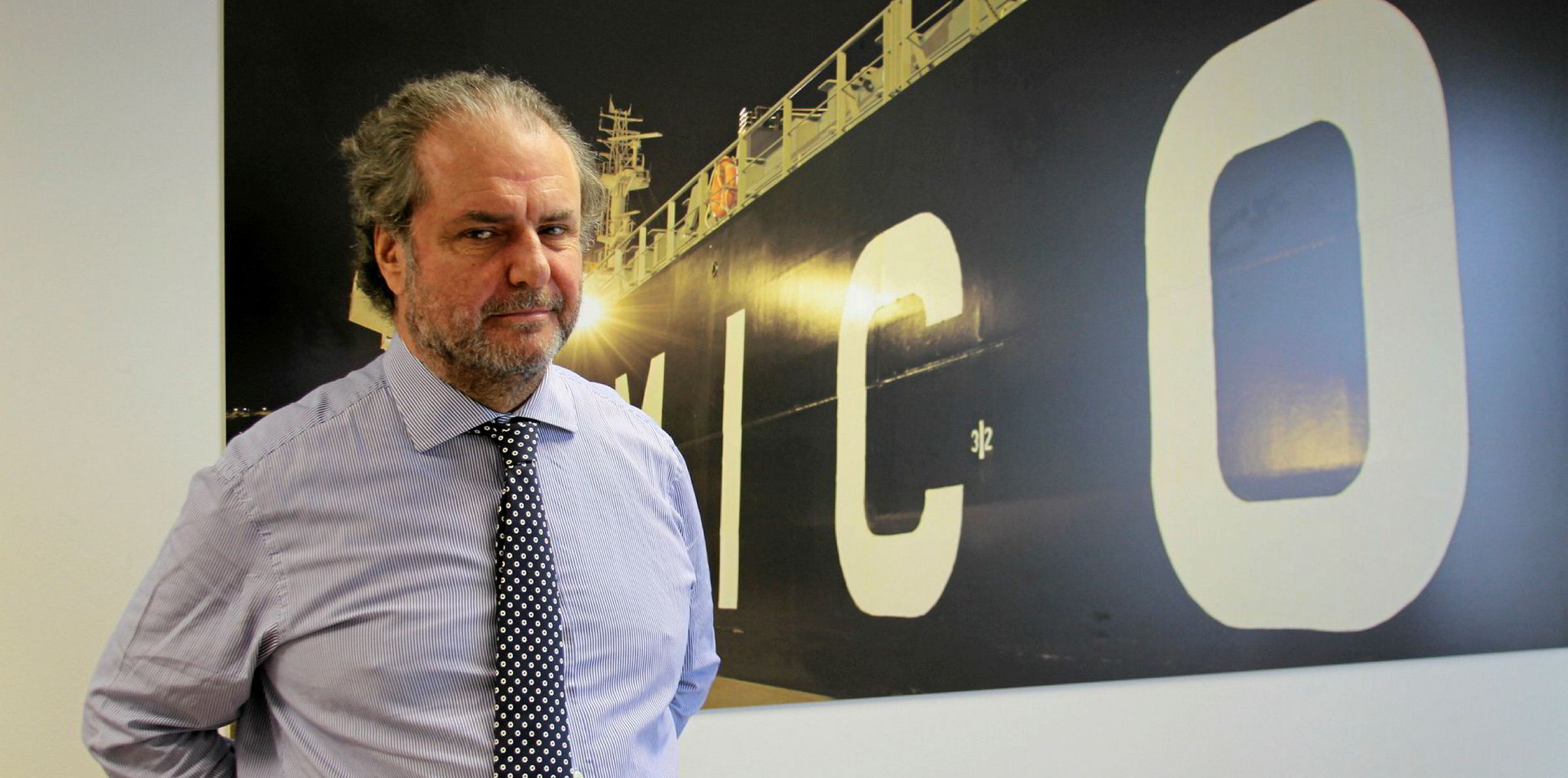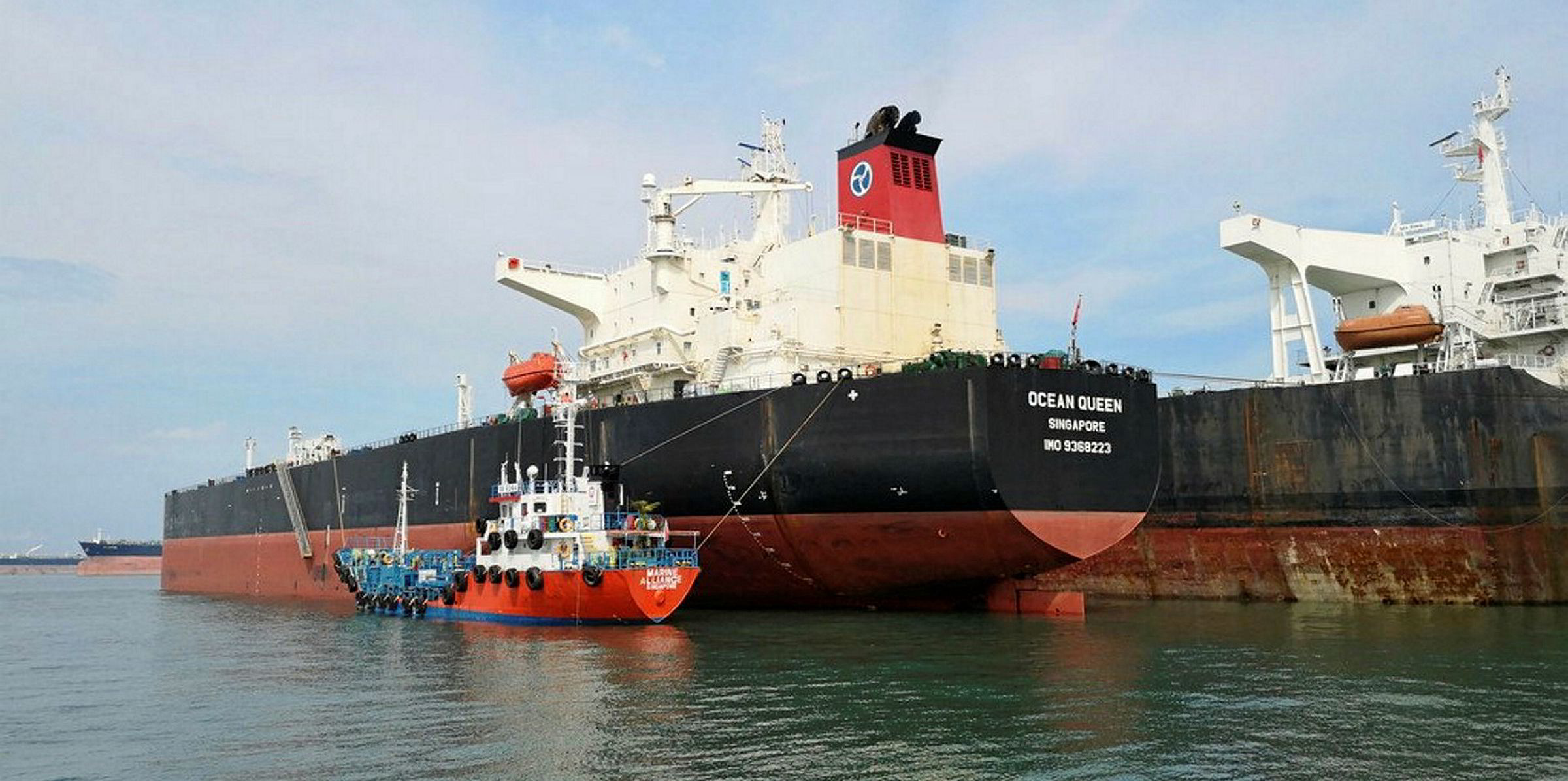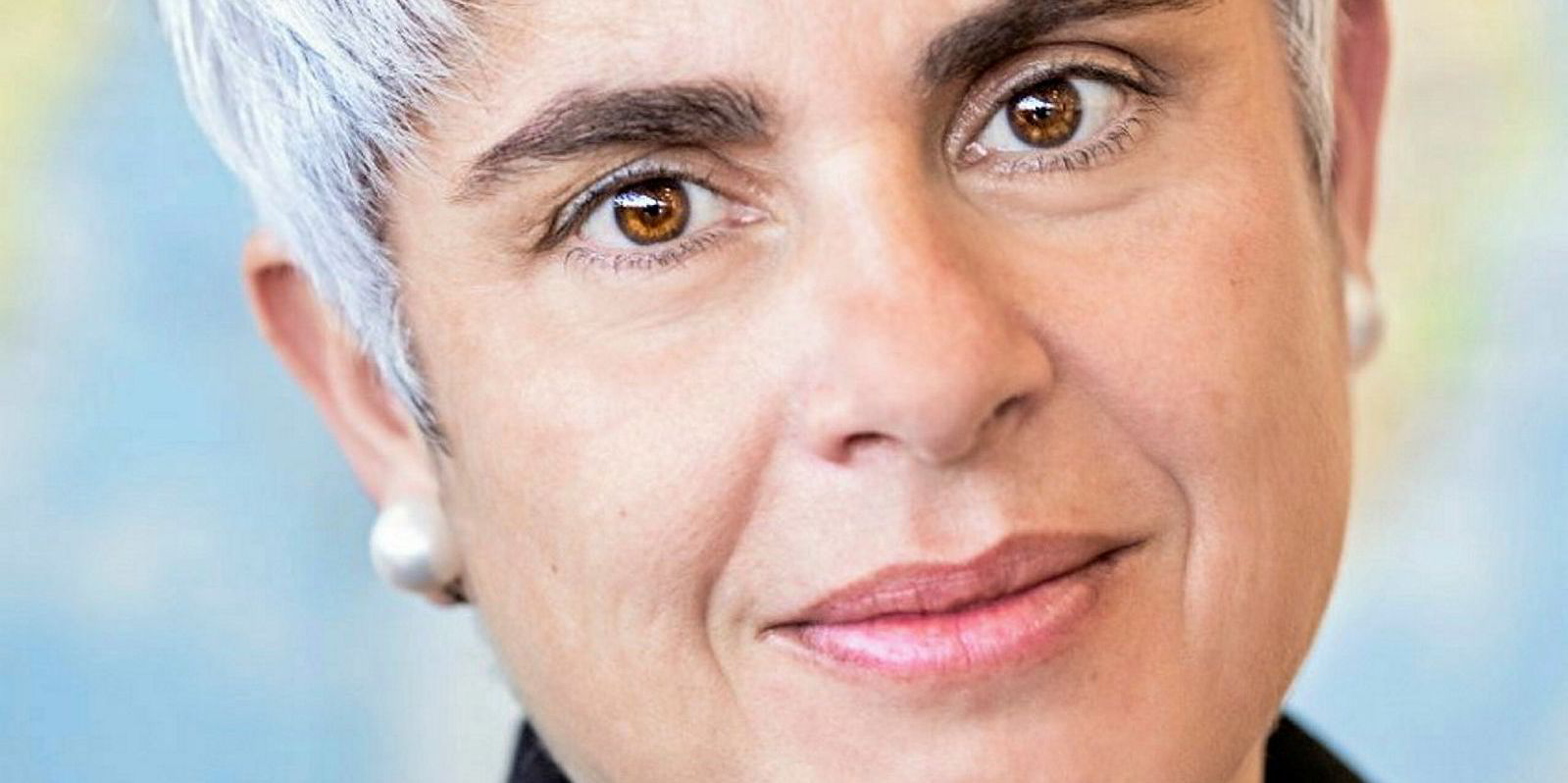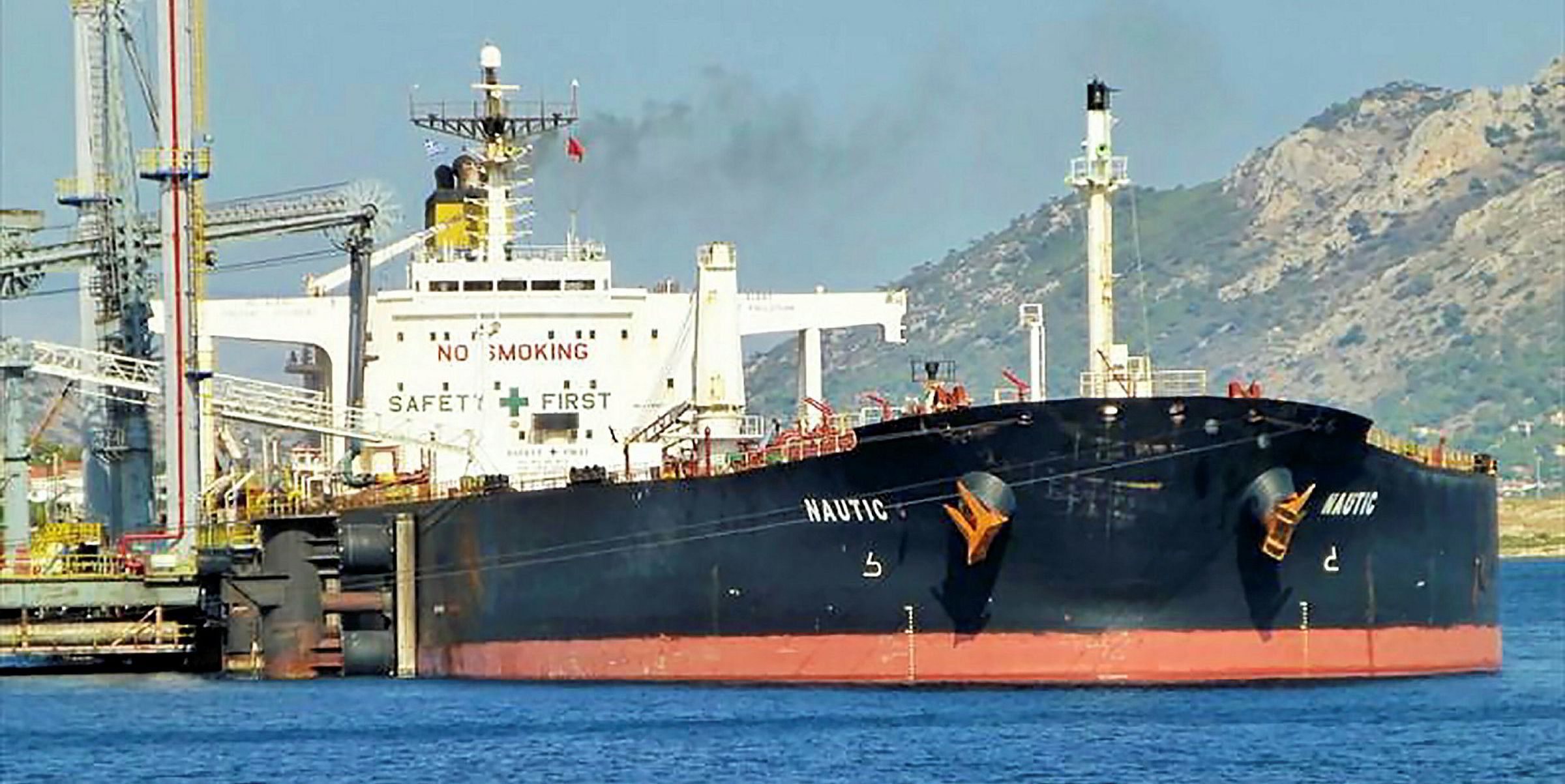Italy’s d’Amico International Shipping (DIS) was extending front cover for its fleet in the second quarter even as its spot results were the best in 12 years.
In its quarterly report, the Milan-listed product tanker owner said 62.6% of its fleet’s employment days were covered by time charters, up from 48% in the same period of last year.
This was despite the DIS vessels in the spot trade achieving daily earnings of $25,118 between April and June, the highest since 2018.
“Since we realised that the buoyant freight markets in April and May this year were not sustainable for long and that a correction beckoned, we decided to take a prudent approach,” said chairman and chief executive Paolo d’Amico, whose company has over 40 vessels.
Since May, the company has extended the period charters for one MR and two handysize vessels by 12 months, one MR by six to seven months, and one LR1 by three to six months.
“I can anticipate that in the usually weaker third quarter of the year DIS can count today on a time-charter coverage of approximately 62% of its vessel days at an average daily rate of $16,314,” d’Amico said.
“Our realistic and conservative commercial strategy should reward us in the third quarter. … We have limited exposure to the spot market, which unfortunately is very poor.”
Best quarter since 2015
DIS posted a net profit of $15.6m in the second quarter, the best quarterly results since 2015, compared with a loss of $18.8m in the corresponding period of 2019.
Its revenue increased to $91m from $87.4m, while voyage costs fell to $12.3m from $25m amid lower bunker prices.
The results were driven by all-time high earnings of product tankers in April, but d’Amico said market conditions began to worsen in the latter part of last quarter due to increased tonnage supply.
“Predicting the near-term demand for the seaborne transportation of refined products is currently an arduous task, also because of the risk of a second wave of Covid-19 contagion followed by the possibility of further partial lockdowns worldwide,” he said.
“Thanks to our well-balanced commercial strategy we have been able to secure a high level of time-charter coverage at profitable rates for the second part of the year, which should help us navigate any potential market volatility.”
But d’Amico suggested to TradeWinds that further extension of front coverage is unlikely, given that good opportunities in the period charter market are currently hard to find.
According to Clarksons Research, the one-year rate of an eco MR has fallen to $13,875 per day from $21,000 in early May, in line with tumbling spot earnings.
“We are going to stay where we are for the rest of the year,” d’Amico said.







